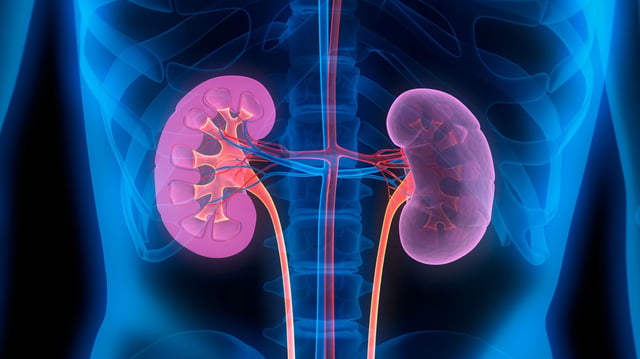Overview
- UBC-developed enzymes converted a donor kidney from blood type A to type O, which was transplanted into a brain-dead recipient with family consent to observe the immune response.
- The organ functioned for two days without hyperacute rejection, and on day three only a mild reaction occurred as some blood-type markers reappeared alongside signs of emerging tolerance.
- The approach modifies the donor organ rather than suppressing the recipient’s immune system, suggesting faster use of deceased-donor organs with fewer complications if validated.
- The study builds on a 2019 discovery of highly efficient enzymes and prior ex vivo successes, including a 2022 demonstration that lungs could be converted.
- Researchers aim to address antigen reappearance and seek regulatory clearance for clinical trials, with UBC spin-off Avivo Biomedical leading development for transplant and universal donor blood applications.
